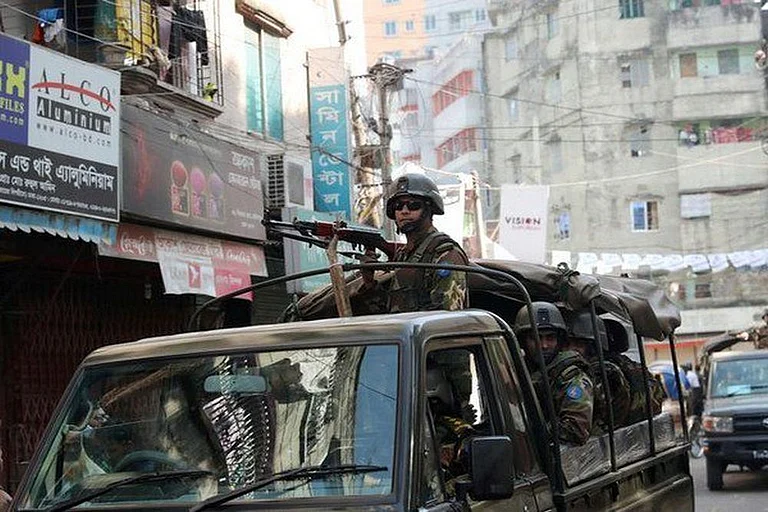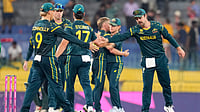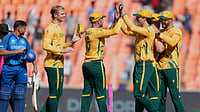The Supreme Court said on Tuesday the nature of offence in financial fraud cases involving siphoning off funds is changing globally with the use of technology, and the State has to deal with "all spectrums'.
A bench of Justices Sanjay Kishan Kaul and Sudhanshu Dhulia observed this while dealing with a plea by an accused challenging the Delhi High Court order denying him bail in a case of alleged fraud resulting in misappropriation of public money of over Rs 5,000 crore. The Serious Fraud Investigation Office (SFIO) probed the case.
Noting that over 14 months have elapsed since the filing of the charge sheet but charges have not been framed yet, the court granted him bail. It noted out of the 92 accused, over 50 have either been enlarged on bail or have got protective orders.
"If for 14 months, charges cannot be framed…can we keep somebody behind the bars for it?" observed the bench, and added the accused was entitled to bail.
"The system can't frame charges …but we will not grant bail till we decide the charge?" Justice Kaul said, adding, "I am not at this stage blaming anybody. I am just looking at the factual scenario."
During the arguments, Additional Solicitor General (ASG) S V Raju, appearing for the SFIO, said the allegations related to siphoning off over Rs 5,000 crore of public money.
"Today, I keep telling you, I think world over technology is used. The problem is some of these people are ahead of the State in technology itself. Therefore, the nature of these offences is changing," Justice Kaul observed, adding, "Your side has to control it".
Referring to the advent of artificial intelligence and other technological advancements, he said, "All these spectrums will have to be dealt with".
Raju told the court the large number of accused and multiple applications filed by them were impeding the process of framing of charges.
"In our view, that is an aspect to be controlled by the trial court," the bench said.
The ASG said in several cases, proceedings get delayed as the accused ask for documents which the prosecution has not relied upon in the charge sheet.
"If that be the position, it is always open for the prosecution to argue this aspect before the trial court as to what should be the approach of the trial court in respect of supply of documents," the bench said.
Senior advocate Kapil Sibal, appearing for the petitioner, said sometimes unrelied documents are required for the purpose of seeking discharge or bail in a case.
While observing that the petitioner was entitled to bail, the bench said apart from other conditions, he would deposit his passport with the trial court and one out of the two sureties will be given by his "blood relation".
-With PTI Input


























